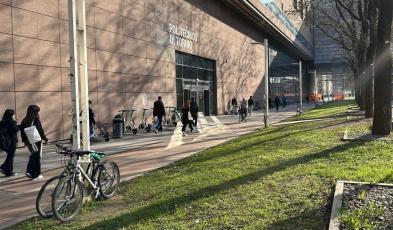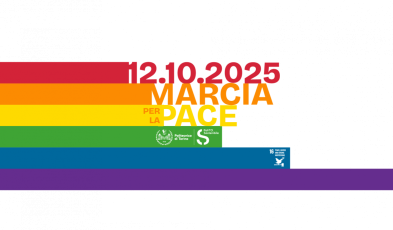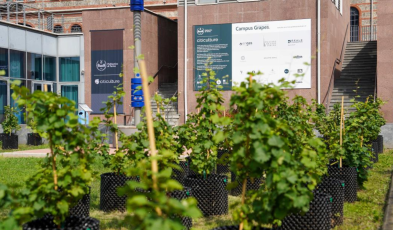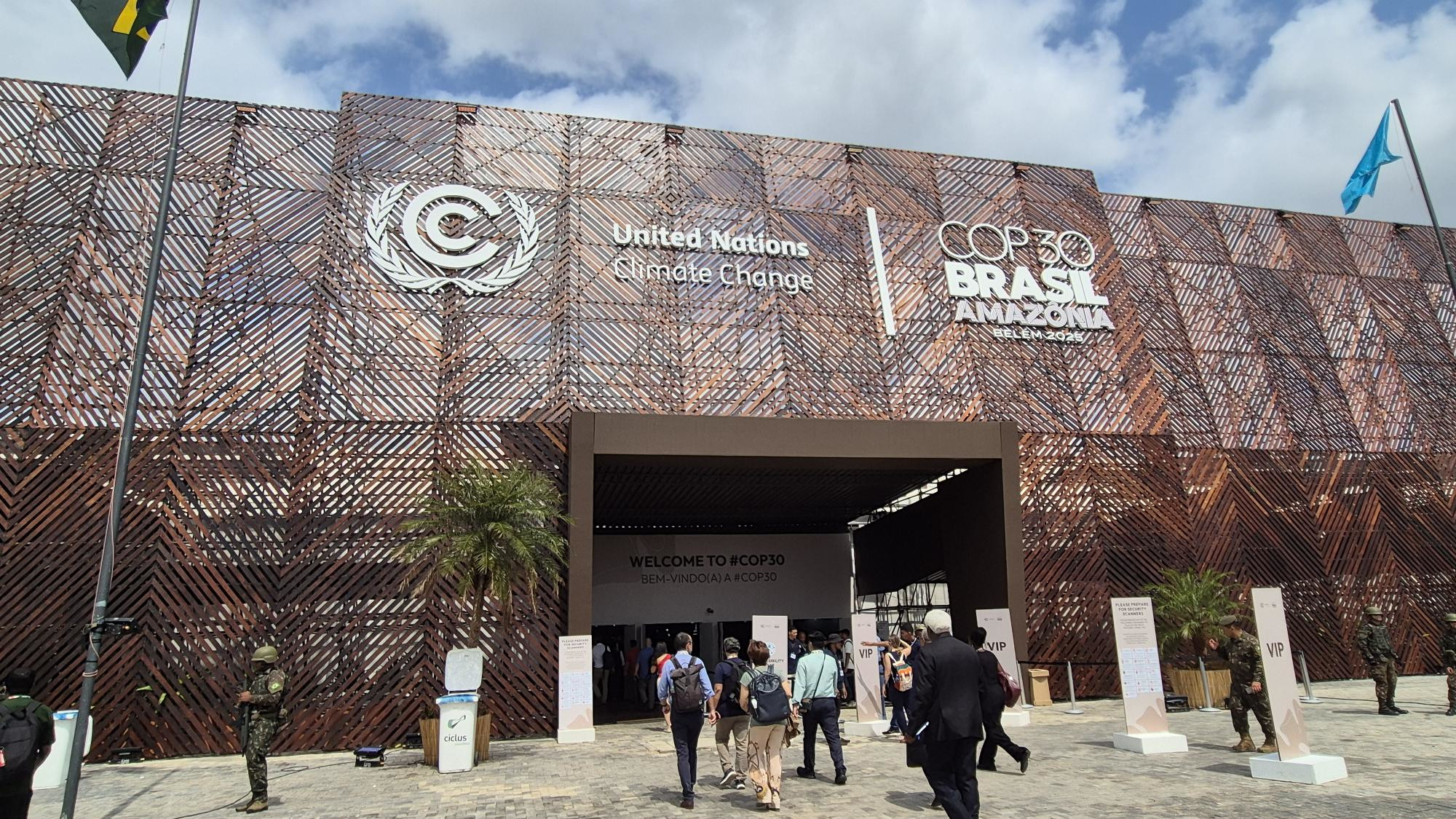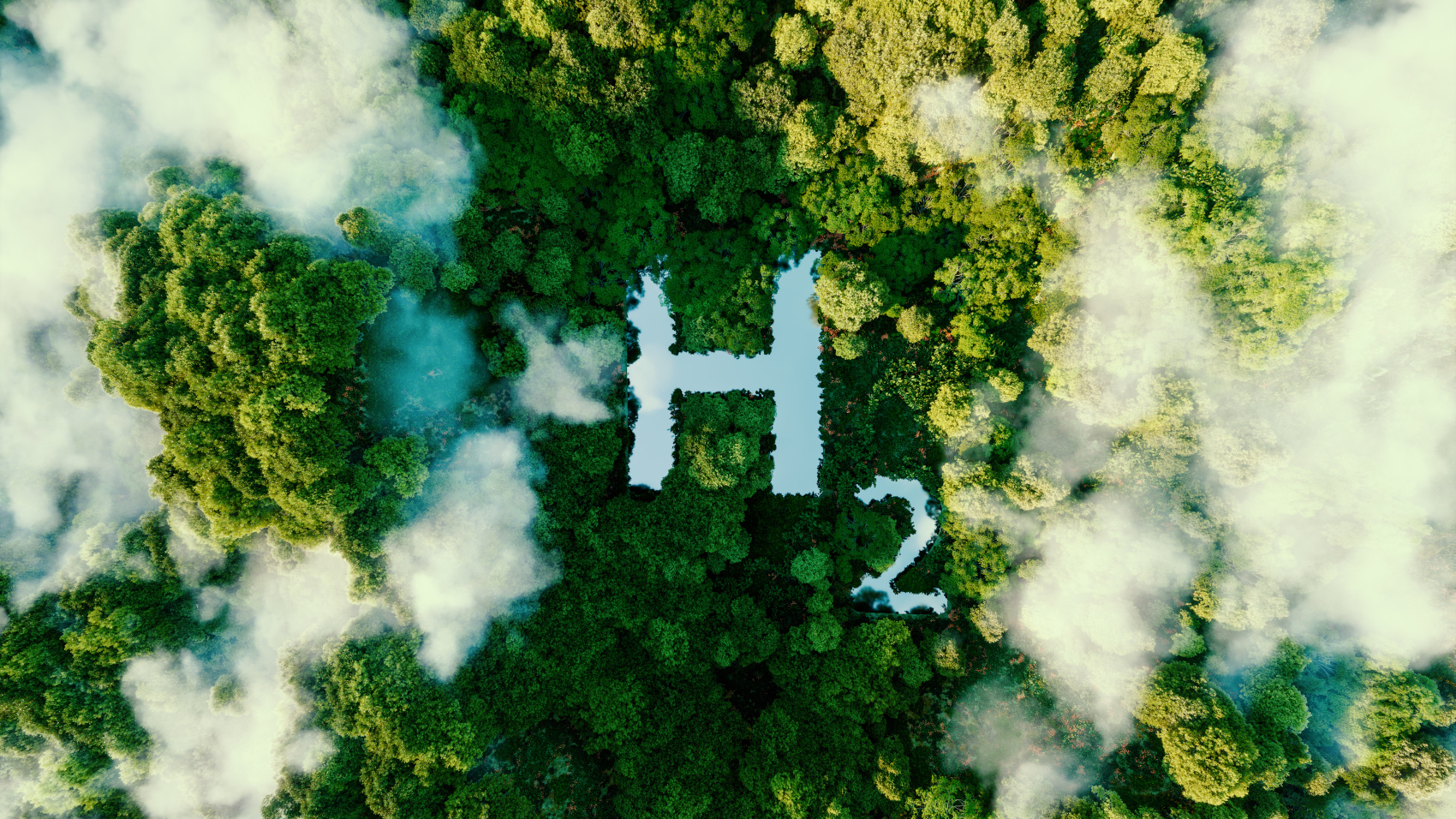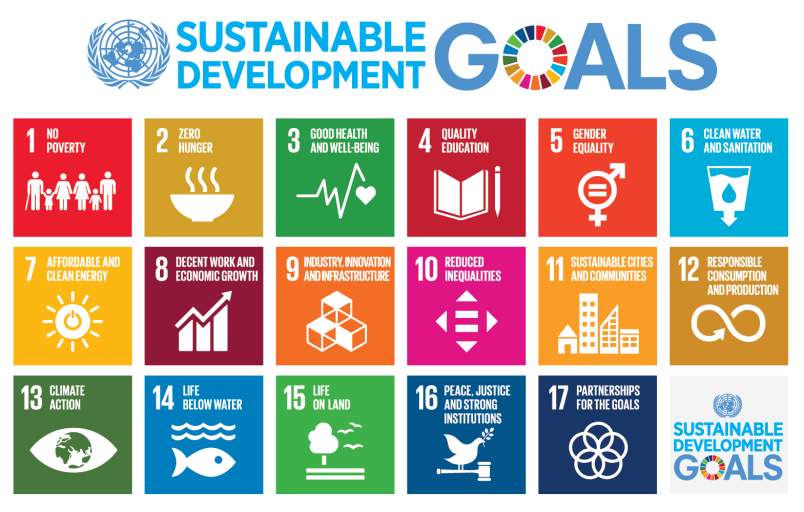
For several years now, Politecnico di Torino has been pursuing a path of integration of sustainability principles in its activities: teaching, research, third mission and campus management. The path undertaken is aimed at developing the principles of sustainability in a shared and systematic strategy, in acknowledgement of the Sustainable Development Goals adopted together with the 2030 Agenda by the United Nations in 2015
The principles of sustainability, the University’s impact on the environment and natural resources, and actions to promote sustainable development of the territory had already been introduced in the Statute of Politecnico di Torino in 2012. Since 2018, in University Strategic Plan specific sections are dedicated to the development of a sustainable campus and to the role of the University in the exchange of knowledge and technologies for sustainable development.
The Politecnico di Torino focuses on developing a new sense of community based on a shared, participatory and sustainable vision and recognises the social role of the University to:
- Direct every action towards improving living conditions, reducing inequalities, building social responsibility towards future generations with reference to sustainable development
- Create and share polytechnic knowledge to support sustainable development at the local, national, and international levels
- Assess potential economic, social, political and environmental impacts
The inclusion of sustainability principles within the University’s Strategic Plan helps to define some concrete sustainability goals in the various areas of the University’s competence:
TEACHING AND RESEARCH
- Innovating the teaching offered to increase the critical sense, social responsibility, problem-solving and problem-solving skills, innovativeness and soft skills of our students
- Include knowledge of the global sustainable development goals of the 2030 Agenda in our curricula
- Recognise the importance of human and social sciences and interdisciplinarity as an educational value
- Direct interdisciplinary research to address the UN 2030 Agenda sustainable development goals
THIRD MISSION:
- Enhance responsiveness to the Sustainable Development Goals contained in the UN 2030 Agenda
Politecnico also intends to integrate and implement sustainability issues in the management of Campus activities (energy, food, waste, water, mobility, green procurement, etc.) and in actions towards its Community.
